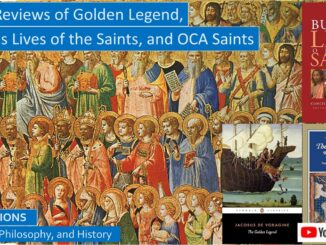What are the three magical cures for healthy living? The big three are: Diet, exercise, and sleep until you are refreshed. Many doctors say set the alarm for seven or eight hours of sleep, and if you wake up an hour or so early, that is okay. This requires personal discipline and mindfulness. Most people do not want to change their daily habits so they can adopt a regimen of healthy living, they want the doctor to prescribe them a magic pill to cure them. Plus, others would say having an active social life.
Take charge of your health! Ask your doctor not for magical pills, but how changing your habits can improve your health! It is true that magical pills can provide instant relief, and that medications are sometimes essential to recover your health by balancing your body chemistry. But lasting improvements in health are better achieved by changing your daily habits. Often, you need to be patient, you need to realize that an improved regimen of diet, exercise, and sleep can take six months or longer to dramatically improve your health. […]










